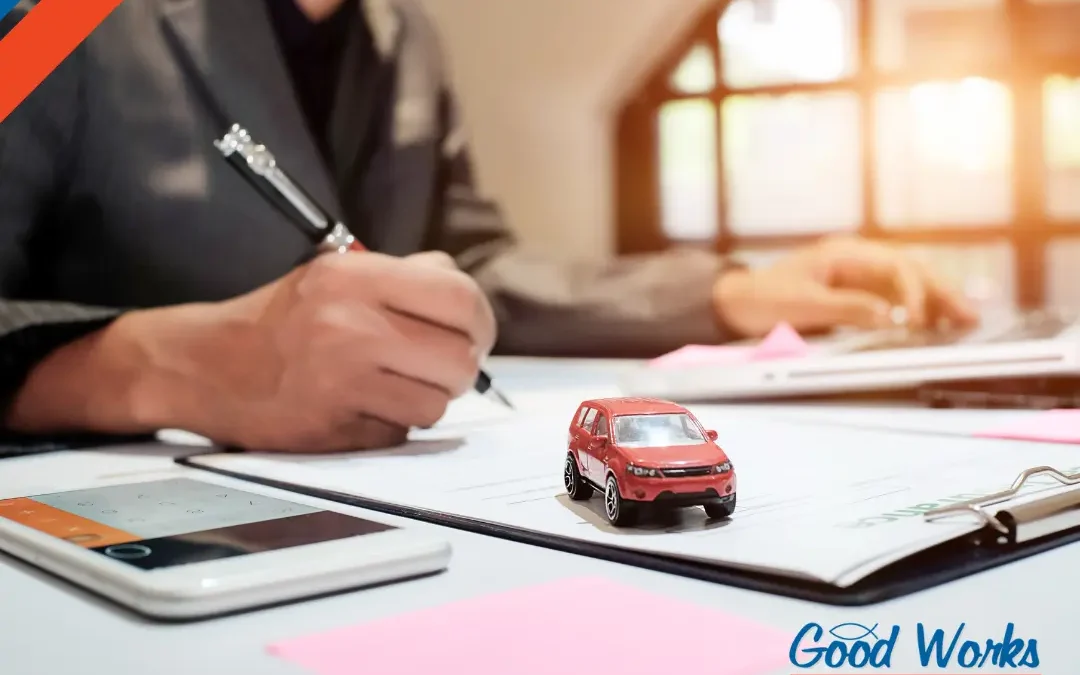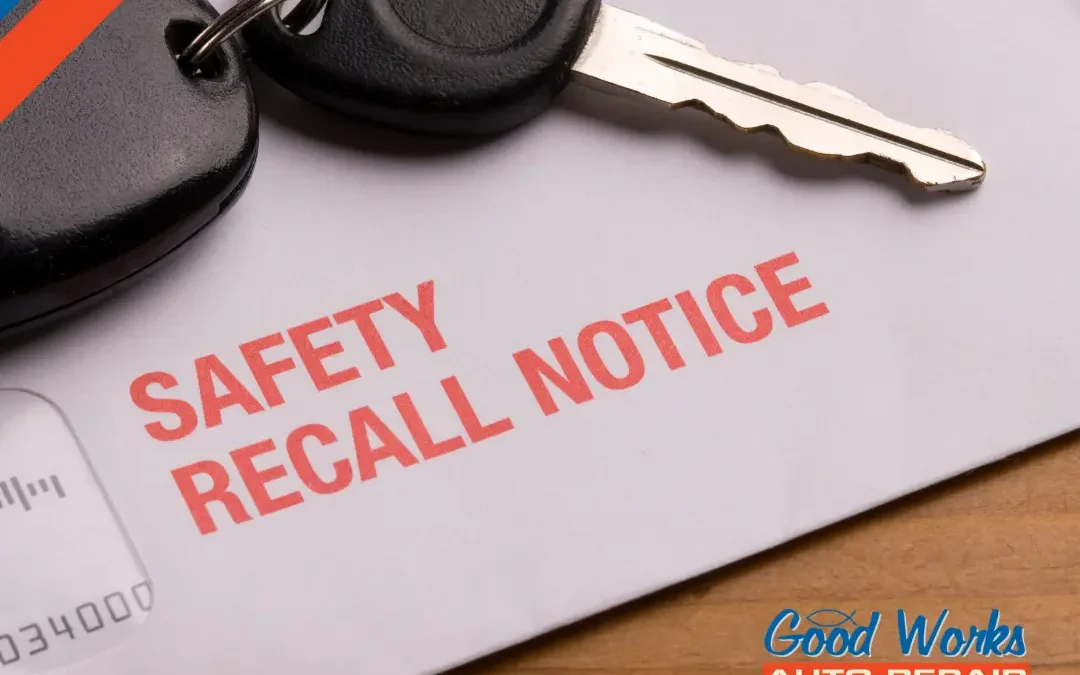 Whether you’re in your own driveway or stuck beside the road, it’s just no fun at all when your car won’t start. It’s especially frustrating when you’re already late or you’re out in the middle of nowhere.
Whether you’re in your own driveway or stuck beside the road, it’s just no fun at all when your car won’t start. It’s especially frustrating when you’re already late or you’re out in the middle of nowhere.
5 Possible Reasons Your Car Won’t Start
You might not be an auto mechanic, but even so, knowing the most common reasons for a car not starting might just help you make the best of the situation. Here are a few things to look for:
- Dead Battery
This is by far the most common culprit, and often the easiest problem to solve. As long as the battery isn’t completely toast, you should be able to jump start it using jumper cables. (Tip: this is why you should have a set of jumper cables in each car you drive.) If you haven’t done this before, follow the instructions in your vehicle owner’s manual or ask for help.
- Electrical Issues
If jump starting your battery doesn’t work, the battery itself may be beyond its usable life and require replacement. Or, there could be a more serious problem with your vehicle’s electrical system. If no interior lights come on when you try to start your car, the issue is likely the battery. However, if dashboard lights come on but your car still won’t start, other electrical issues may be to blame. It’s time to contact your local auto repair shop and schedule service.
- Faulty Starter or Ignition Switch
Once you’ve ruled out a dead battery, another possible culprit is a problem with the starter or ignition switch. These components work hand in hand with the battery to get your vehicle running. If they’re broken or malfunctioning, you may hear a clicking sound when you turn the key. Unfortunately, there isn’t anything you can do about this in your driveway or beside the road. You’ll need to get your vehicle to the repair shop to fix the problem.
- Clogged Fuel Filter
If you had something inside your digestive tract blocking food from entering your system, it wouldn’t take long before you felt run down and out of energy. The same is true with your car. If the fuel filter becomes dirty or clogged, fuel won’t reach the engine, causing issues with starting, power, or acceleration. Here’s one area where preventative maintenance is key – most fuel filters should be changed every 10,000 – 15,000 miles, so don’t skip this important maintenance item!
- An Empty Gas Tank
Maybe you thought you had enough gas left to get you to the station. Or, perhaps you or another driver (teenagers!) simply didn’t pay close enough attention to the gas gauge. As silly as it sounds, your car might not start simply because it’s out of gas! Fortunately, THIS one is an easy fix (as long as you’re not in the middle of nowhere).
Preventative Maintenance Can Help
As you read the list above, you may have noticed that several of these issues could have been prevented. For example, batteries are not meant to last forever. Have your trusted mechanic inspect your vehicle’s battery regularly and replace it at the recommended intervals. Ignition or starter problems often have signs leading up to complete failure. Fuel filters are meant to be replaced regularly. And, as a safety precaution, don’t let your vehicle’s gas tank go below a ¼ of a tank.
Paying attention to your vehicle’s needs as you would do for your own child can help it last longer and keep YOU from getting stranded. Contact us to schedule your preventative maintenance today!






